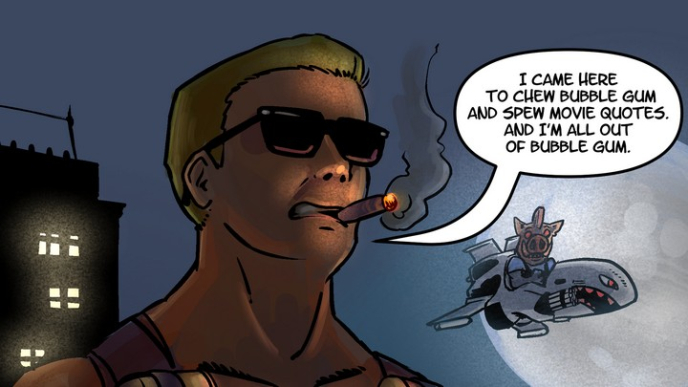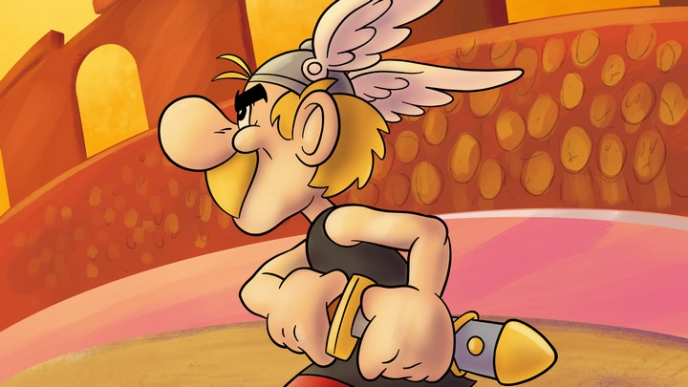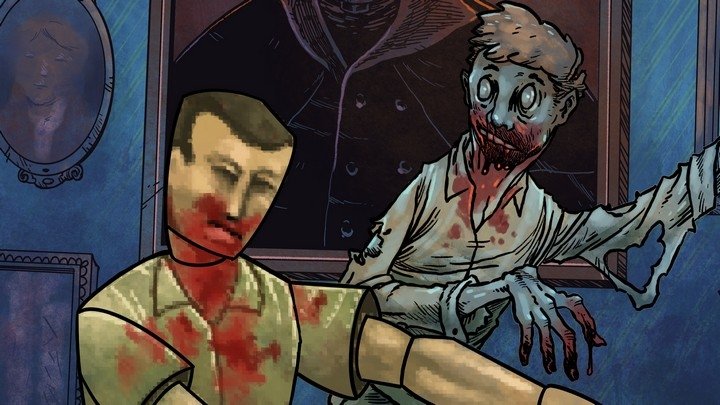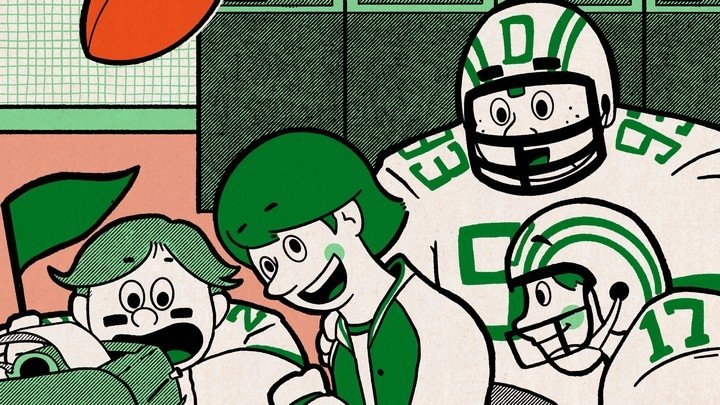Be thankful: Games have become less harsh than Kid Icarus
Nintendo's innovative NES adventure took its "trapped in hell" premise seriously.
I didn't expect a video about Kid Icarus for NES to be controversial, but the comments on this week's NES Works are all over the place. Some remarks express dismay that I was positive about the game, while others seem put out by the fact that I wasn't positive enough. I guess this is what you call a love-it-or-hate-it game. I can see both camps.
Kid Icarus does not go out of its way to make you love it. That is to say, it starts out seeming almost impossibly hard. I had a few friends who owned this game back in the day, and only one ever made it out of World 1 and finished the thing. When I played it for myself at his place for the first time, I found myself horrified by how unforgivingly brutal that first stage is; it scrolls up seemingly forever, with infinitely spawning monsters and precarious platforms defining the journey along the way. Nintendo's designers didn't even wait until the second stage to force you to deal with the Grim Reaper, who adds a nasty stealth element to the action! Kid Icarus is bonkers hard from the word go.
It does get easier, though. Protagonist Pit grows in power and endurance, and he improves his arsenal with healing items and precious single-use feathers that save him from instant death in the countless bottomless pits that existed in Ancient Greece. (No, it's true! Check out Plato's Symposium sometime—he wrote about instant-kill ratchet scrolling in vertical stages and being forced to pay a steep premium to buy back fenced mystical weapons that have been pilfered by Pluto's minions.)
You kids can have your Dark Souls. We older types already proved our mettle with Kid Icarus.
Of course, these days we just use cheat codes. We're old now and don't have time for this kind of nonsense.
Harsh as it may be, Kid Icarus is pretty inventive! Its release timing on NES puts it at the vanguard of a string of about half a dozen releases throughout summer 1987 that attempted to graft role-playing elements and mechanics onto the action genre. It's part of a significant watershed moment in gaming, as console creations ceased to be mere emulations of arcade experiences and aspired to stand up in their own rights. If you're going to play it these days, I recommend the 3D Classics version for 3DS, which introduces a small tweak to Pit's jump physics that makes the game vastly more forgiving. It's the little things sometimes... literally.




